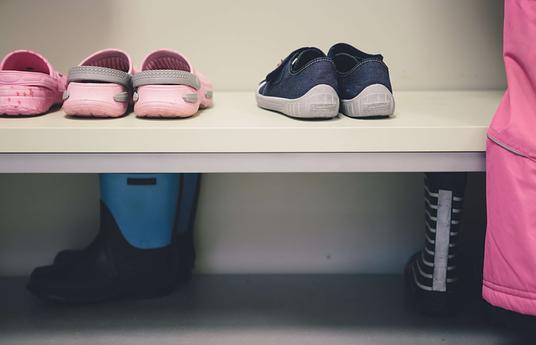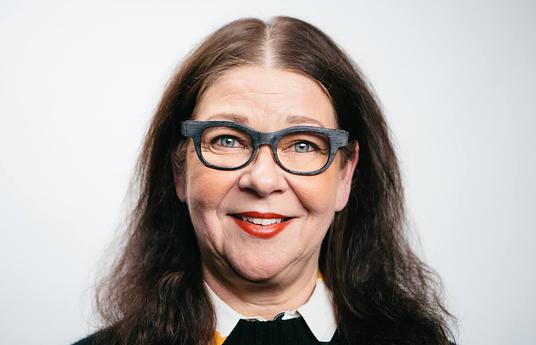When you find out that girls can legally be expelled from school for being pregnant in Tanzania, you remember just how far we have to go to truly reach gender equality worldwide.
Education has long been seen as a means to break poverty cycles, so by denying young girls who find themselves pregnant (not usually because they wish to be so) they are removing the chance at a better life for them and their new child.
It again reinforces gender biases as girls are the only ones affected by the ban whereas the fathers of the children remain unaffected, enforcing the old rule of victim shaming.
By incorporating students’ voices in the discussion we can break the tension of the classroom, get embarrassment out of the way, and create an engaging discussion on sex
"
Although in other countries this measure would be seen as extreme, victim shaming and the gender biases in relation to sex are something that are felt the world over. We especially have much further to go with educating about the grey-area of consent and learning to respect that young women are sexual beings just as young men are.
Education has an important role to play in targeting these gender inequalities and changing the dialogue we have towards girls and boys as sexual beings. But sex education fails to address the real issues young men and women are facing today, both contemporary issues to do with the internet and social media, and age-old issues such as teen-pregnancy and consent.
Too often sex education is an uncomfortable experience for students and doesn’t allow for any real lasting effects to be made. This negative experience can be counteracted by removing the top-down nature of the information and delivery. By incorporating students’ voices in the discussion we can break the tension of the classroom, get embarrassment out of the way, and create an engaging discussion on sex and related issues.
A collection of high schools in Finland, in cooperation with The Family Federation of Finland, are working with their students to create the sex education curriculum. Through the project students get to address the real concerns they have and will receive their information from reliable sources, rather than seeking out answers online by themselves which isn’t always healthy.
The aim of the project is to teach students about sexual education without guilt and fear, and to make sex education a positive subject. Approaching sex education in this manner also helps students to be more tolerant as they learn about all the different sexualities their fellow classmates are experiencing, helping them to engage with experiences different from their own from an early stage.
This kind of learning also makes sense when you consider that at different ages students will want to get different things from their sex education. Dr. Leena Krokfors, Professor of Teacher Education at the University of Helsinki, told us, ‘By now we should be able to think of students as individuals with individual stages in their development. We should be able to discuss the curriculum openly with students.’
As with any other education discipline, sex education should be something that evolves as the children do. The information they need when they’re in elementary school, starting high school, and finishing their school careers will be entirely different at each stage. It’s about time that we take those stages, contemporary issues, and individual student concerns into account.
Involving students in planning sex education can be done anywhere in the world almost instantly. The genius is it doesn’t require extra funding or materials, but just conversing with our young people and planning discussions which are relevant to them at whatever stage they’re at.
The importance of this cannot be understated. It is a vital part of furthering gender equality so that one day we can live in a world where no person, no one gender, and no sexual identity is punished or excluded by our schools or societies. So let’s get talking about sex!





